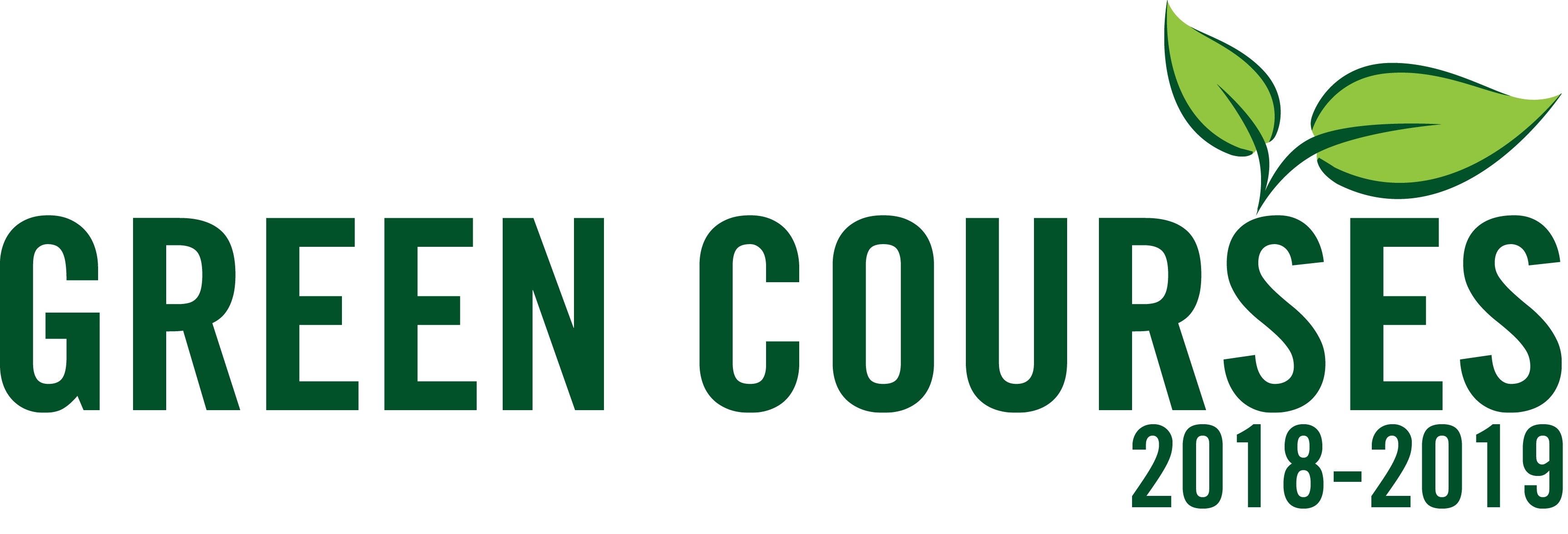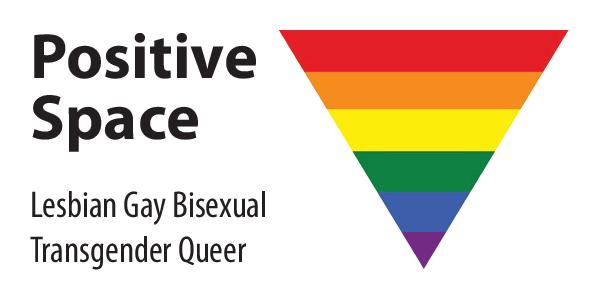Naomi Nagy
|
LIN 456 & 1156: Language Variation and ChangeCourse expectationsContacting the professor
Please feel free to contact me outside of class if there is something you want to discuss or anything you don't understand. If you will miss class, get the homework AHEAD OF TIME so that you are not behind when you return. Arrange to get lecture notes from another student BEFORE coming to talk to me about what you missed. Course expectationsQuercus: Readings, assignments, and resources for the research project are posted in Quercus (http://q.utoronto.ca/). Check it before class each week for important information and to download/print/read any handouts for class. Materials will be available at least 24 hours before class. Assignments: There are homework assignments due as noted on the syllabus. This is where the real learning happens--when you get involved with the data and the theory. Assignments are posted in Quercus and on this website. Assignments will be developed and explained in class. It is your responsibility to hand in the assignments on time - a missed class is NOT an excuse for a late assignment. Homework will be accepted early, but not late, unless you provide appropriate documentation for a valid reason within 48 hours of the due date. You are encouraged to print double-sided whenever possible for this course.
Research Project: Details of the project will be discussed and developed by the class. More about the research project. Reading and Participating:It's critical to read the assigned articles/chapters before class. Bring notes, articles, and your questions/comments about them to class. This way, you can contribute productively to discussion and ask questions in class about anything that is not clear. Part of your grade is based on participation. Participation includes asking and answering questions, making relevant observations and connections between course content and your life experiences. It's important to do this in class, to develop your ability to talk clearly about research, but you may also contribute through the Discussion Forum in Quercus. You'll receive a holistic grade that considers both the quantity and quality of your contributions to the course./
On most days, we will be working actively with data in R and Excel. Please plan to bring a laptop with these apps loaded on most days, to support active participation.
Grading: Your grade for the semester will be calculated as shown. A note on assessmentI aim to provide formative assessments in the earlier parts of the course, while the assignments later in the term will have summative assessments.Formative assessment
Summative assessment
Undergraduate (LIN 456)
Graduate (LIN 1156)
Further information about course policies and procedures is available in Quercus. Please read it. Updated 21 August 2025. | |||||||||||||||||||||||||||||||||||||||||||||||||||||||||||||||||||||||||||||||||||||||

